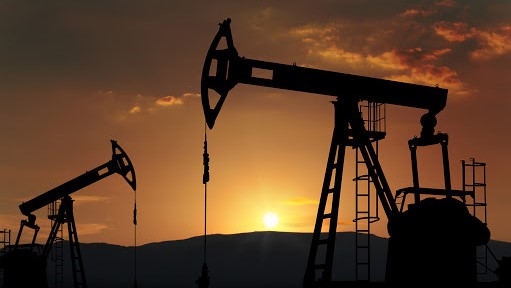Cameroon Suspends Oil Exploration Due To Boko Haram And Anglophone Separatist Attacks

Cameroon’s National Hydrocarbons Corporation, popularly known by its French abbreviation, SNH, has suspended hydrocarbons prospection in the Southwest Region because of the Anglophone separatist insurgency and in the Far North Region because of Boko Haram attacks.
The suspension is expected to have major impacts on Cameroon’s 2020-2024 development plan which envisages the optimisation of revenue from petroleum and gas exploitation.
The SNH said, “The security crises through which our country is going has impacted negatively on the efforts to place free blocs in the mining domain on the market due to the reticence of investors.
“There are two zones where exploration operations have been suspended because of force majeure: Bakassi in the Southwest and Zina-Makary in the Far North”.
Although the SNH did not give an estimate of the financial losses that might result from the suspension of exploration, it noted that “exploration activities had as their major objective, to discover new oil wells which would enable the country renew its reserves on the one hand and to continue to ensure optimal exploitation of existing oil fields most of which are ageing on the other hand.”
According to official figures, Cameroon oil production figures passed 100,000 barrels per day in 2015 as against 76,650 barrels in 2002, 94,000 barrels per day in 2004, 82,300 in 2005, 87,400 in 2008 and 77,310 in 2009. Current production is a little above 100,000 barrels per day. This is a far cry from the peak production figures of 185,000 barrels per day in 1985, 177,000 in 1986 and 174,000 in 1987.
From an enviable position of one of Africa’s rare oil producers shortly after independence, Cameroon currently stands at 54th world oil producer and places 13th in Africa behind Nigeria, Algeria, Angola, Libya, Egypt, Sudan, Equatorial Guinea, Congo Brazzaville, Gabon, South Africa, Chad and Tunisia.
Cameroon’s proved reserves now stand at 200 million barrels placing it at 57th position in the world oil club and in 14th position in Africa behind Libya with 47 billion barrels in proved reserves, Nigeria with 37.4 billion barrels, Angola with 13.5 billion barrels, Algeria with 13.4 billion barrels, Sudan at 6.8 billion, Egypt 4.3 billion, Gabon at two billion barrels, Congo Brazzaville with 1.6 billion, Chad 1.5 billion, Uganda 1.5 billion, Equatorial Guinea 1.1 billion, Tunisia 425 million barrels and Cote d’Ivoire 250 million barrels.
Cameroon’s reserves stood at 200 million barrels in 1980 and dropped to 80 million in 2004 before starting a creeping rise in 2005 to 85 million, 90 million in 2006, 98 million in 2008 and returning to 200 million by 2011 after the Ebonde fields in the Littoral Region started production.
Before the production in the Littoral Region was announced, more than 90 per cent of petroleum production in Cameroon, which accounted for over 70 per cent of the nation’s foreign exchange reserves, was in the English-speaking Southwest Region.
Paradoxically, there is no all-season road leading to the oil fields, whereas several French-speaking regions have been benefiting from the oil revenue by way of tarred roads and other amenities because their kith and kin either controlled oil revenues or held ministerial positions that enabled them to invest the oil revenue in their regions of origin. This is one of the reasons for the separatist insurgency now going on in the two English-speaking Regions of the Northwest and Southwest.
Since 2016, separatist activities in the Northwest and Southwest regions of Cameroon and Boko Haram exactions in the Far North Region since 2013, have greatly affected economic operations in these parts.
The attacks have led to the loss of an estimated 800 billion FCFA (1.6 billion dollars) by business operators in the country, according to the Inter-Patronal Grouping of Cameroon, popularly known by its French acronym, GICAM.
Support Our Journalism
There are millions of ordinary people affected by conflict in Africa whose stories are missing in the mainstream media. HumAngle is determined to tell those challenging and under-reported stories, hoping that the people impacted by these conflicts will find the safety and security they deserve.
To ensure that we continue to provide public service coverage, we have a small favour to ask you. We want you to be part of our journalistic endeavour by contributing a token to us.
Your donation will further promote a robust, free, and independent media.
Donate HereStay Closer To The Stories That Matter




